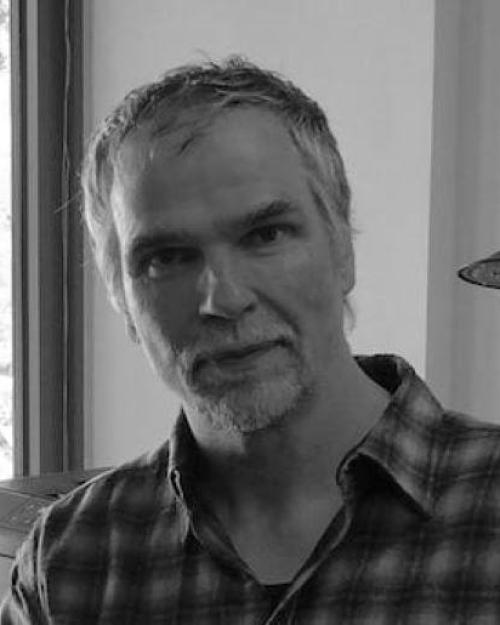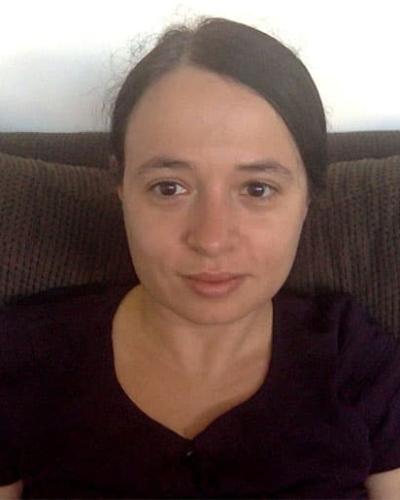Carlotta Pavese, Associate Professor of Philosophy in the Sage School of Philosophy, has been devoting much of her philosophical efforts to a substantial project that she calls “the project of the practical mind,” which focuses on explaining skillfulness and analyzing the different conditions for skillful action. This inquiry into the basis of skillful action has led Pavese to make connections between issues in philosophy of mind, epistemology, and philosophy of language.
Her project stems from a disagreement with a view on skillful action, advocated by Hubert Dreyfus and more generally prominent in the phenomenological tradition: “the idea is that when you skillfully act, your mind goes, so to say, on vacation.’” According to Pavese, however, there’s nothing “mindless” about skillful action. Rather, it is constitutively guided by knowledge that the subject has acquired about the world. Thinking that skillful action is mindless misses an important feature of skillfunessness that it shares with intentional action: it is something a subject can take or be given credit for. But how could one credit a subject for an action that is mindless?
Against this background of the connection between skillfulness and intentional action, Pavese says, “the bigger task is to develop an account of the practical mind that explains skills and skillful action in a way that is plausible from the perspective of the science of skills and skillful action and that vindicates the connection between skillful action and intentional action.”
Pavese’s most recent work focuses on understanding the relationship between knowledge and skillful action, asking how the knowledge about the world and ourselves that we possess at the moment of acting guides our skills. She seeks to determine “how much your skills are driven by what you know as opposed to some kind of innate talent, or an acquired disposition to act in certain ways, etc.” The view that knowledge plays a central role in guiding action has a long history, including prominent philosophers such as Elizabeth Anscombe, though it has been criticized committing one to a sort of picture in which our mind is luminous, or transparent, to ourselves when we intentionally act. In an article forthcoming in Mind, “Practical Knowledge without Luminosity”, Pavese defends the role that knowledge plays in guiding intentional action, arguing that knowledge can coherently play a role in guiding intentional action only provided that no action is essentially under our control ---i.e., that no action is essentially intentional. In another paper, “Knowledge and Mentality”, forthcoming in Philosophical Perspectives, Pavese argues that acquired knowledge of the world is directly related to the capacity for acting skillfully. As she puts it, “when you skillfully act, you really manifest the knowledge you’ve acquired through both practice and experience of the world.”

Central to Pavese’s view of skill is the idea that skills involve distinctively practical representations about how to perform certain tasks. A practical representation represents a task in terms of operations that the agent has the ability to execute, i.e., in terms of operations that are available to them. This sort of representation is practical because of its constitutive link to the agent’s ability. In her view, acquiring a skill involves acquiring and developing distinctively practical representations of our endeavors, i.e., a sort of representation which represents the world from the distinctive point of view of our own practical abilities.
This insight contributes to the project of the practical mind both by explaining the relationship between skillful action and acquired knowledge, and by making clear why skillful action is creditable: when you are credited by acting skillfully, you are being credited for the knowledge the skillful action requires. It also helps to draw a distinction between talents and skills, i.e., between innate capacities and acquired capacities, “which” Pavese notes, “is something people often conflate.”
“A problem that I find with this view which assigns too much importance to talents in skills is that it encourages a very static picture [of the conditions for skillful action]. If you were not born with the talent to do something, then this picture is very discouraging because it amounts to saying that there is no way for you to learn the relevant skill.” Shifting the weight from talent to acquired knowledge can help to debunk stereotypes about who is usually considered to be the most skilled at a certain task. This becomes clearer in specific contexts. In a field like philosophy, for instance, where historically a lot of the ideas considered to be relevant were proposed by white, cis males, debunking the prejudice that people of these characteristics are, just in virtue of their supposedly inborn talents, somehow more skilled at doing philosophy might contribute to helping marginalized groups in the field – e.g., women, people of color – get an equal footing at doing philosophy and being heard.
Working on her project on the practical mind has led Professor Pavese to adopt what she calls a “pluralist methodology,” which looks at insights from fields such as psychology and neuroscience about learning and action that can be of aid in the task of describing the practical mind, as well as the ancient philosophers’ thought on topics such as skill, experience, and knowledge. After she completed her dissertation, Pavese says, she “became more interested in empirical research on skillful action and more generally more open-minded on the possible source of insights for my project. In order to make the case that there is a practical way of thinking that governs skillful behavior, I make the case looking at experiments in neuroscience and psychology. In recent work, I have been doing some experiments myself, in order to see how people without philosophical training conceptualize intentional action, knowledge-how and skills.” This methodological openness has taken Pavese from the philosopher’s “armchair” to finding worth in developments outside the (too narrow) scope of mainstream analytic philosophy.





